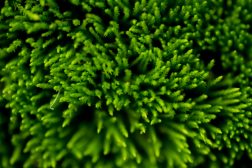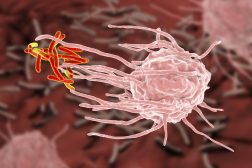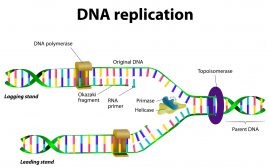Elephant
1. (Science: zoology) a mammal of the order Proboscidia, of which two living species, Elephas Indicus and E. Africanus, and several fossil species, are known. They have a proboscis or trunk, and two large ivory tusks proceeding from the extremity of the upper jaw, and curving upwards. The molar teeth are large and have transverse folds. Elephants are the largest land animals now existing.
2. Ivory; the tusk of the elephant.
(Science: botany) elephant apple, the tooth shell. See dentalium.
Origin: oe. Elefaunt, olifant, OF. Olifant, f. Elephant, L. Elephantus, elephas, -antis, fr. Gr,; of unknown origin; perh. Fr. Skr. Ibha, with the Semitic article al, el, prefixed, or fr. Semitic Aleph hindi indian bull; or cf. Goth. Ulbandus camel, as. Olfend.
Dictionary > Elephant
You will also like...

Bryophytes
Bryophytes (nonvascular plants) are a plant group characterized by lacking vascular tissues. They include the mosses, th..

Inheritance and Probability
Gregor Mendel, an Austrian monk, is most famous in this field for his study of the phenotype of pea plants, including ..

Biological Cell Defense
Organisms employ different strategies to boost its defenses against antigens. Humans have an immune system to combat pat..

DNA Structure & DNA Replication
DNA is a double helix structure comprised of nucleotides. A nucleotide, in turn, is made up of phosphate molecule, deoxy..

Circulation
The circulatory system is key to the transport of vital biomolecules and nutrients throughout the body. Learn about the ..

Origins of Life on Earth
Earth was created around 4.5 billion years ago and life began not long after. Primitive life likely possessed the elemen..

